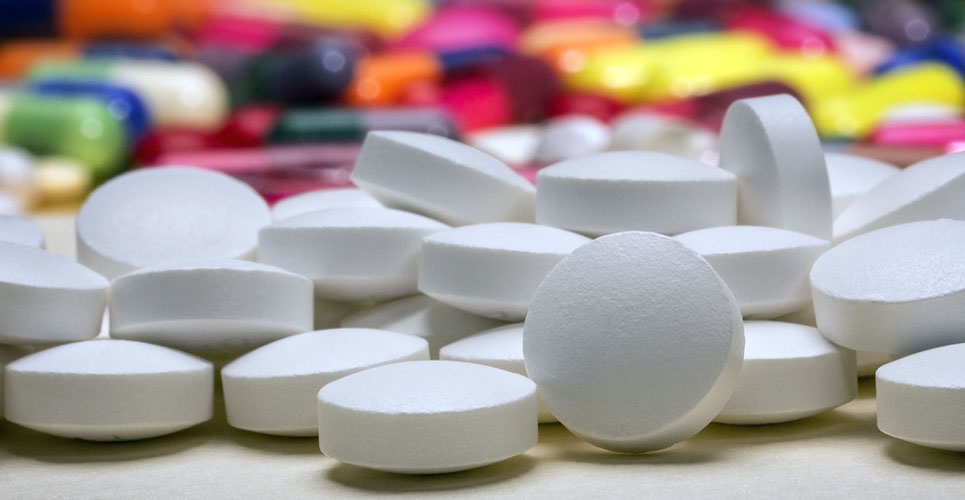The sale of medicines known to be counterfeit or falsified is an unscrupulous business that endangers patient health. The Falsified Medicines Directive (FMD), which requires complete compliance by February 2019 mandates the systematic authentication (scanning) of medicines at the point of supply to the patient, in an effort to identify counterfeit, falsified, recalled or expired drugs. The FMD is a win-win-win for government, the pharmaceutical industry and patients, but it remains to be seen how this change will affect the secondary care environment.
Electronic messaging at the point of dispense may slow down the drug supply process if implemented ineffectively, but key information at the right time is likely to reduce the risk of a dangerous expired, recalled or counterfeit medicine reaching vulnerable patient populations.
Medicine authentication is not a novel concept in all European countries. Belgium, Greece and Italy have been scanning individual medicine packs in primary care for a number of years. In secondary care however, this process is new and in the face of a heterogeneous environment, implementation may prove to be a greater challenge.
Some hospitals are acutely aware of the importance to act and have been working on a national level to prepare, most notably a UK NHS Trust, which has implemented authentication technology in an effort to learn and influence ahead of the 2019 deadline.
The full force of the FMD in secondary care will not be felt until each NMVO appoint their chosen EMVO-recommended authentication provider. Once the authentication providers are selected we are likely to see a flurry of activity in this arena, as providers and healthcare institutions hasten to successfully implement ahead of the 9 February deadline.

